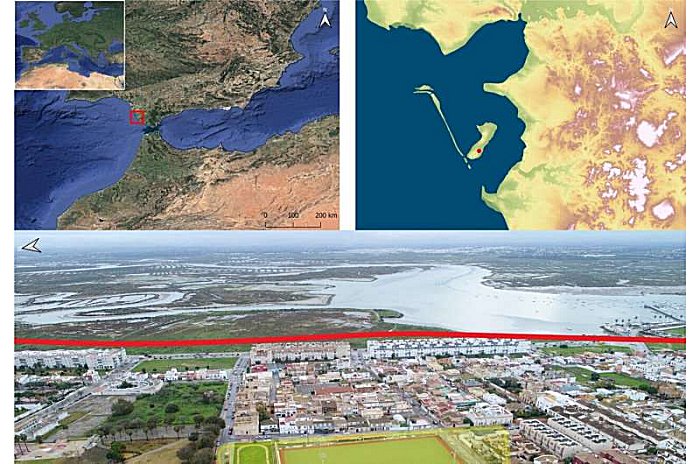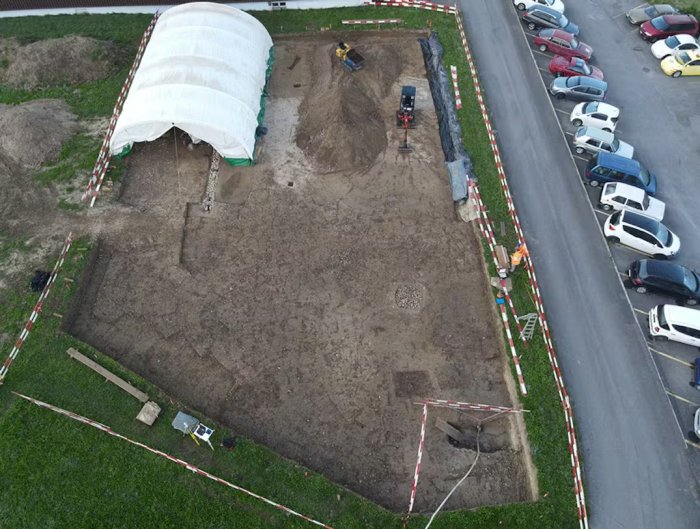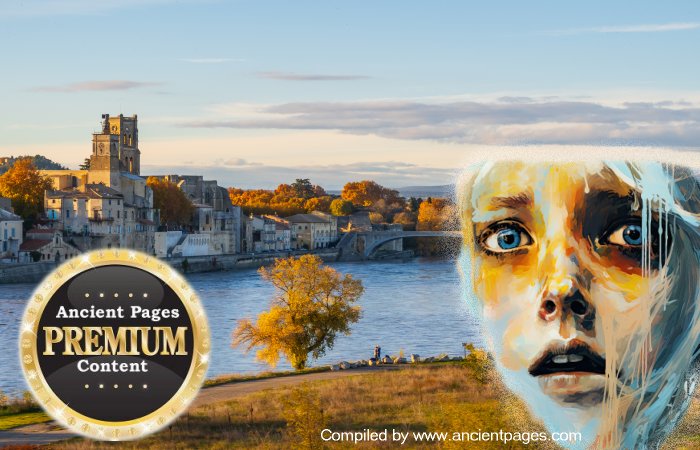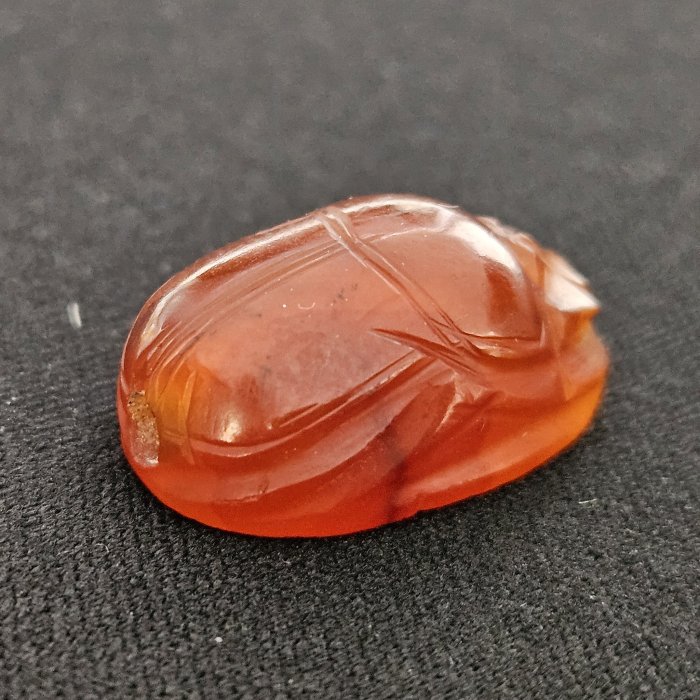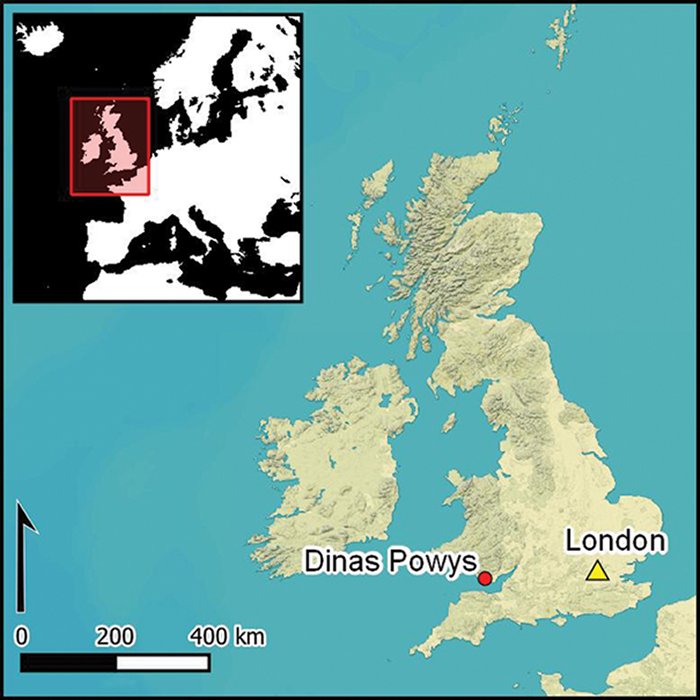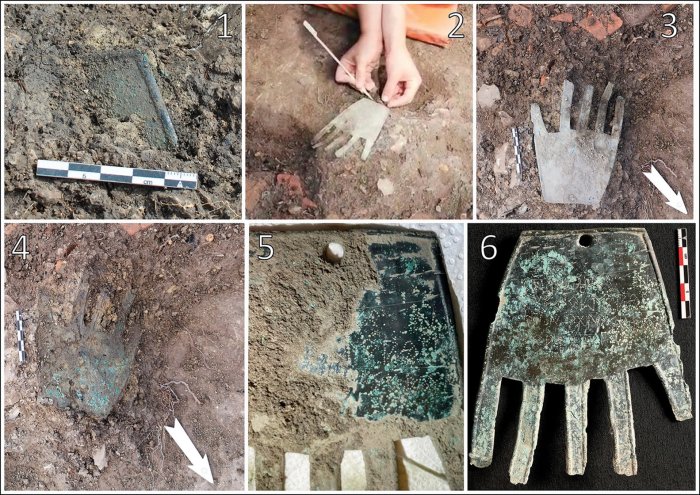A. Sutherland – AncientPages.com – Pax Deorum (“peace of the gods”) signified the central goal of the Roman state religion.
The Pax Deorum provided divine protection to the Roman Empire, which needed this kind of security as much as material protection from the army’s side. Thus politics and religion cooperated.
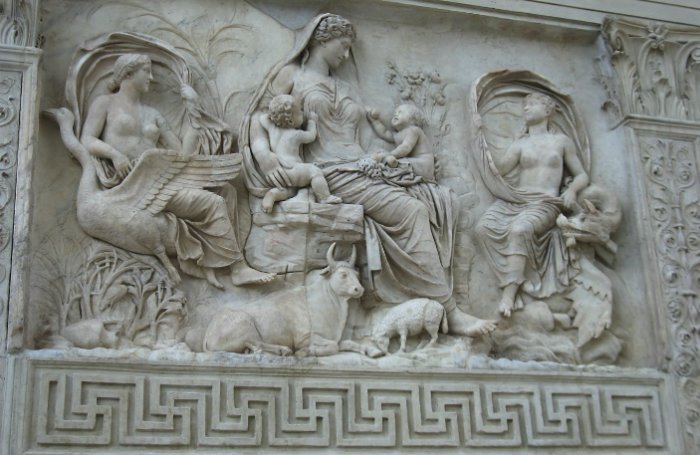
Tellus Relief, Ara Pacis. PH๏τo by kind permission of Dr. Janice Siegel
Also, all the citizens of Rome had to participate in the process. People had to provide the gods with worship and cult to obtain a mutually beneficial and satisfactory peace between Rome and its deities.
The gods, on the other hand, safeguarded Rome’s public welfare.
In religious practice, the harmony or agreement between the divine and humans was the Pax Deorum, and it was only given in return for correct spiritual practice. Religious practice was critical because it secured the Pax Deorum and prevented divine retribution, which could strike the city of Rome anytime.
The Pax Deorum was a delicate affair. It could be easily broken by several errors in the performance of ritual, for instance, or religious faults and negligence, which resulted in the so-called “divine disharmony” (ira deorum) and the anger of the gods.
“The rupture in the Pax Deorum may be seen as rupturing the fundamental order of the Roman state, casting the society back into a transitional or liminal state, “a time and place of withdrawal from normal modes of social action….” (Orlin E. Foreign Cults in Rome: Creating a Roman Empire).
The Roman system of public divination was crucial for the society and “functioned to reᴀssure the Romans that each action they undertook had the blessing of the gods; in this way, divination was an essential part of the Romans’ belief that they were the most religious of all people and therefore had a special connection to the divine…”, Orlin continues in his book.
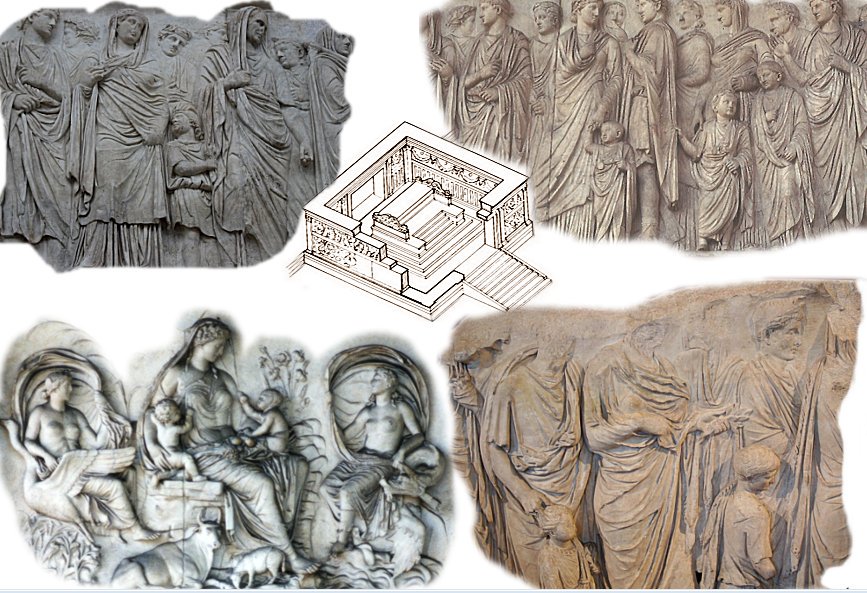 Ara Pacis scenes.
Ara Pacis scenes.
The Pax Deorum was understood as the “Goodwill of the Gods” and was expressed in a perfect and harmonious relationship between Man (Rome and its people) and Divinity (all the gods worshiped by them).
Such good relation between the Romans (chosen people of the gods) and the heavens was expressed in several ways, such as festival arrangements, sacrifices, signs, wonders, and diverse statues, which were reminders of the Pax Deorum.
The Romans truly believed that the Pax Deorum would make it possible for them to come closer to gods and master the unknown, divine forces around them, and in consequence, they would be able to live successfully.
It’s worth noting that the Pax Deorum was a concept that variations were practiced throughout history in other ages and cultures.
Written by – A. Sutherland AncientPages.com Staff Writer
Updated on April 25, 2023
Copyright © AncientPages.com All rights reserved. This material may not be published, broadcast, rewritten or redistributed in whole or part without the express written permission of AncientPages.com
Expand for references
References:
Alston R. Aspects of Roman History, AD 14-117, Del 14–117
Orlin E., Foreign Cults in Rome: Creating a Roman Empire
